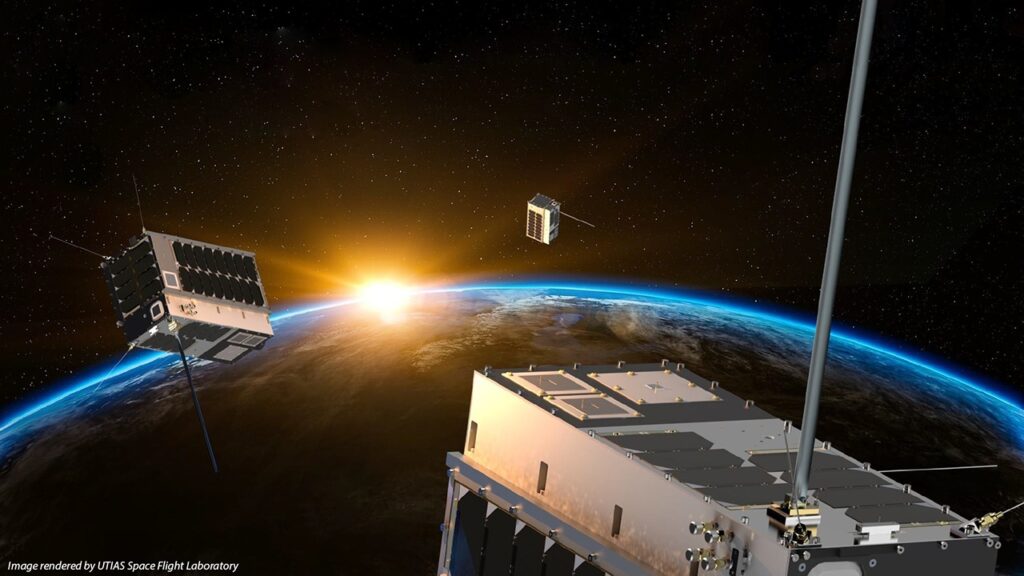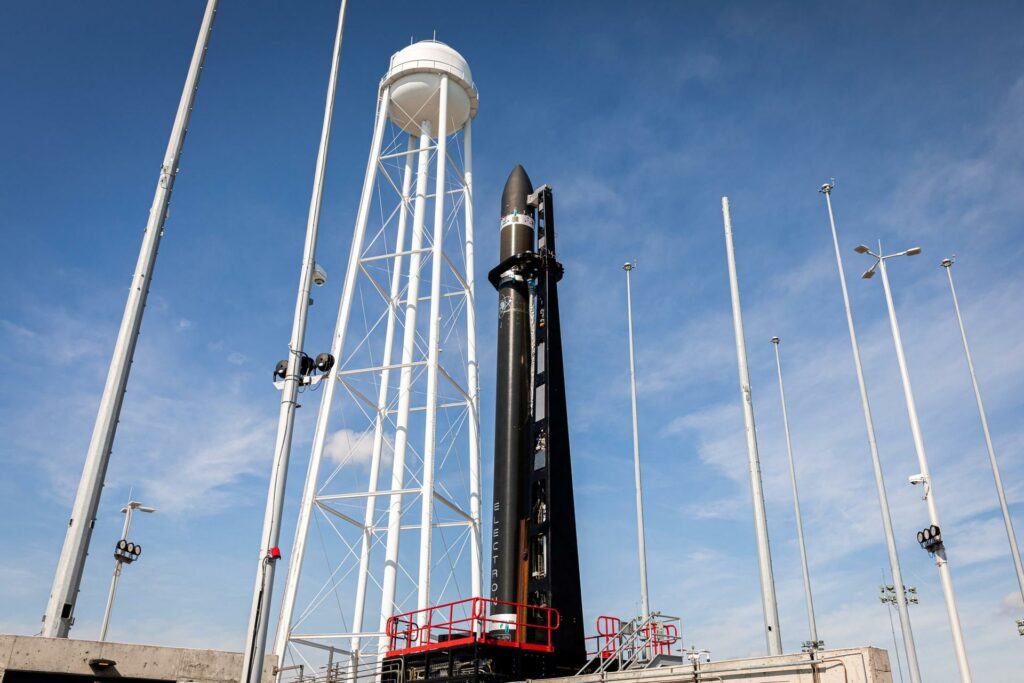HawkEye 360 has chosen the launch operator Rocket Lab to launch into orbit a new batch of its satellites designed to intercept and analyze radio signals. This is stated in the official press release published on April 19.
HawkEye 360 Satellites
Currently, the HawkEye 360 satellite grouping consists of three spacecraft in 575-kilometer orbits. They are engaged in tracking radio frequency signals, which are then analyzed using specialized algorithms and machine learning tools. Satellites allow us to determine the exact position of radio stations, radio beacons, marine radar systems and satellite phones.

HawkEye 360 devices can also be used to evaluate the accuracy of global positioning systems. In particular, they noted violations of GPS operation in areas of the territory of Ukraine where Russian troops invaded. The company believes that this is due to the military’s attempts to jam the system’s signals.
First American Launch for Rocket Lab
In total, Rocket Lab received a contract to launch 15 HawkEye 360 satellites. Three of them will go into space as a passing cargo at the end of 2022, the remaining twelve will be put into orbit during two separate launches.

It should be noted that the first batch of HawkEye 360 will be launched from the territory of the Mid-Atlantic Regional Spaceport (MARS). It is located on Wallops Island off the coast of Virginia. This will be the first mission launched by Rocket Lab from the United States. Initially, the company planned to start using the spaceport at the end of 2020. But the consequences of the COVID-19 pandemic and problems with the re-equipment of the launch pad led to a number of delays and postponements that prolonged the start of its operation for two years.
Recall that in May, Rocket Lab plans to send a CAPSTONE spacecraft to the Moon, designed to test the orbit of the Gateway station. This mission will be the first interplanetary launch in the company’s history.
According to https://www.businesswire.com
